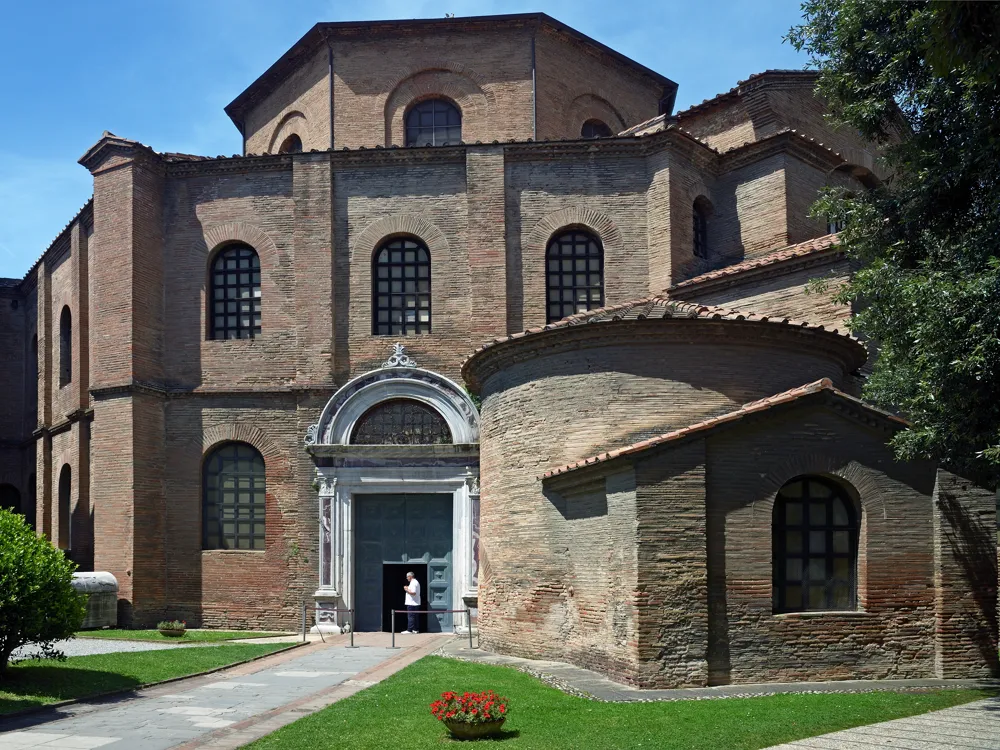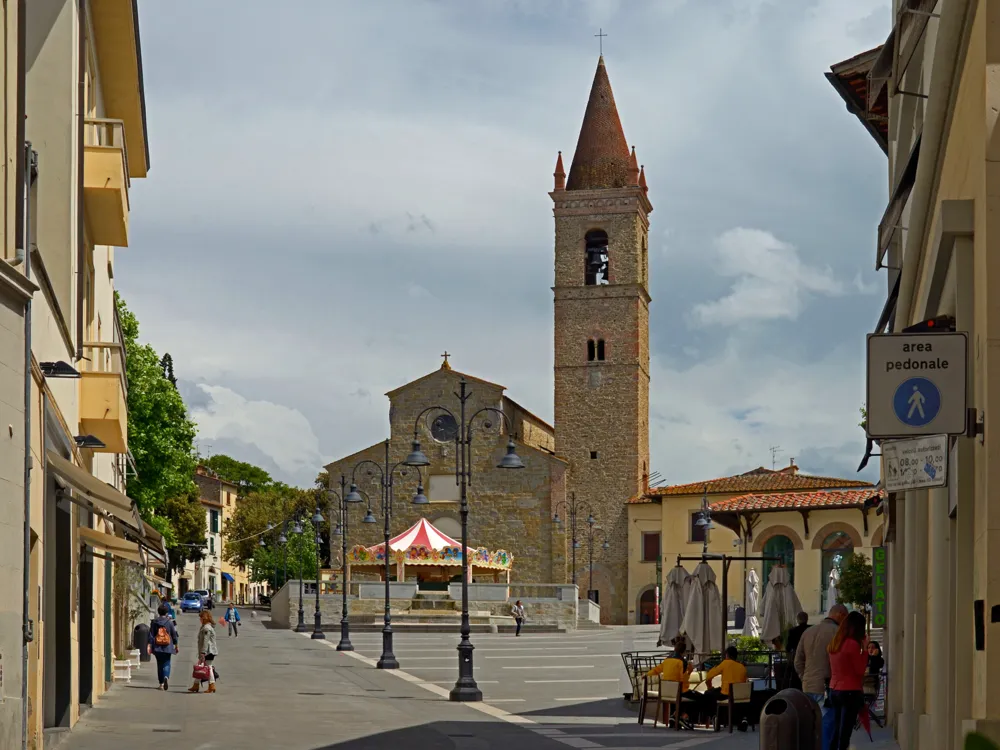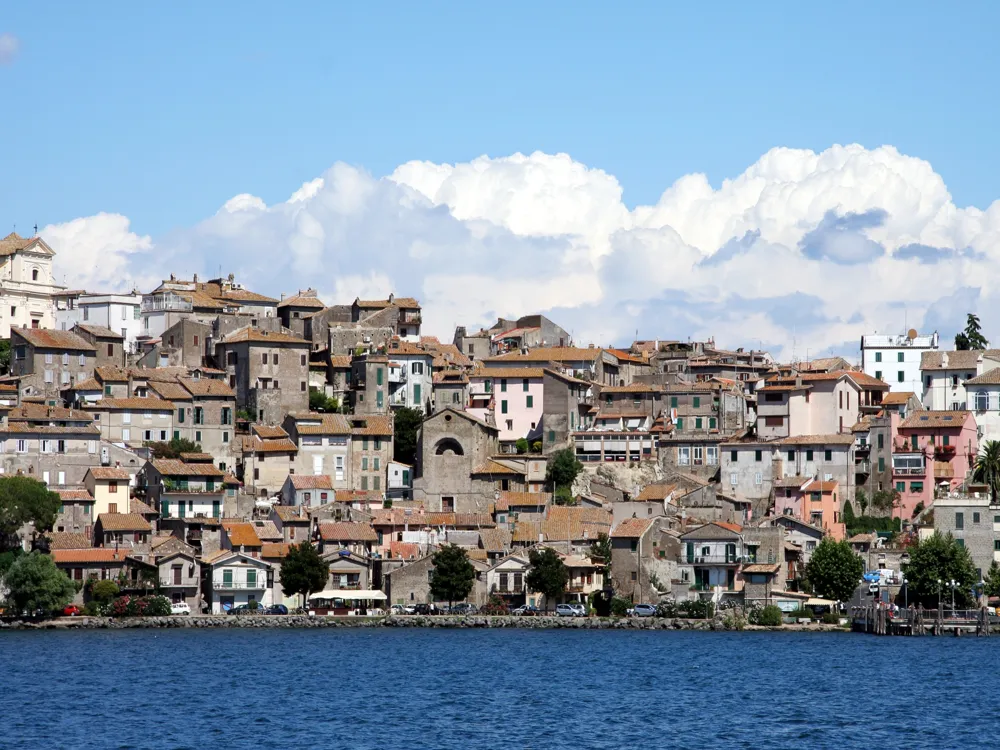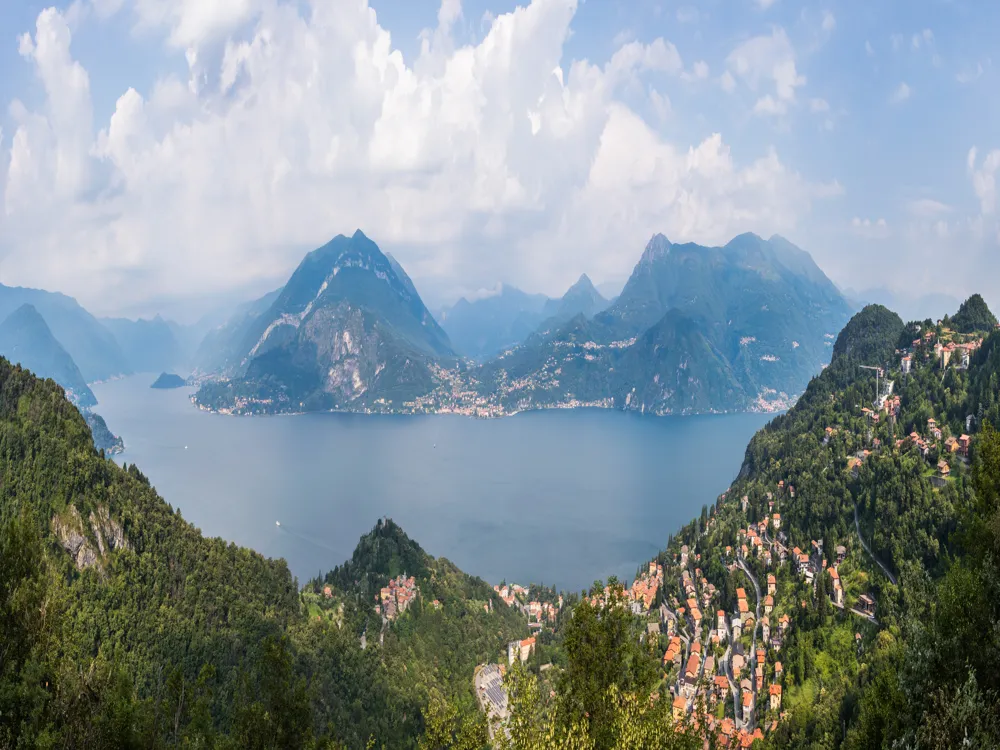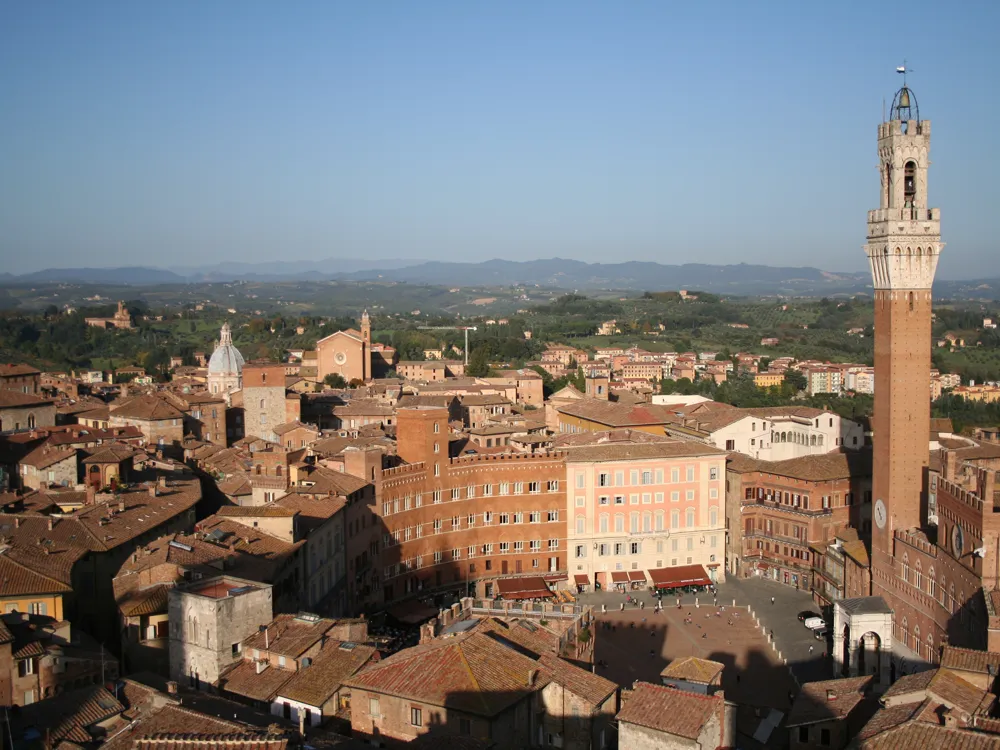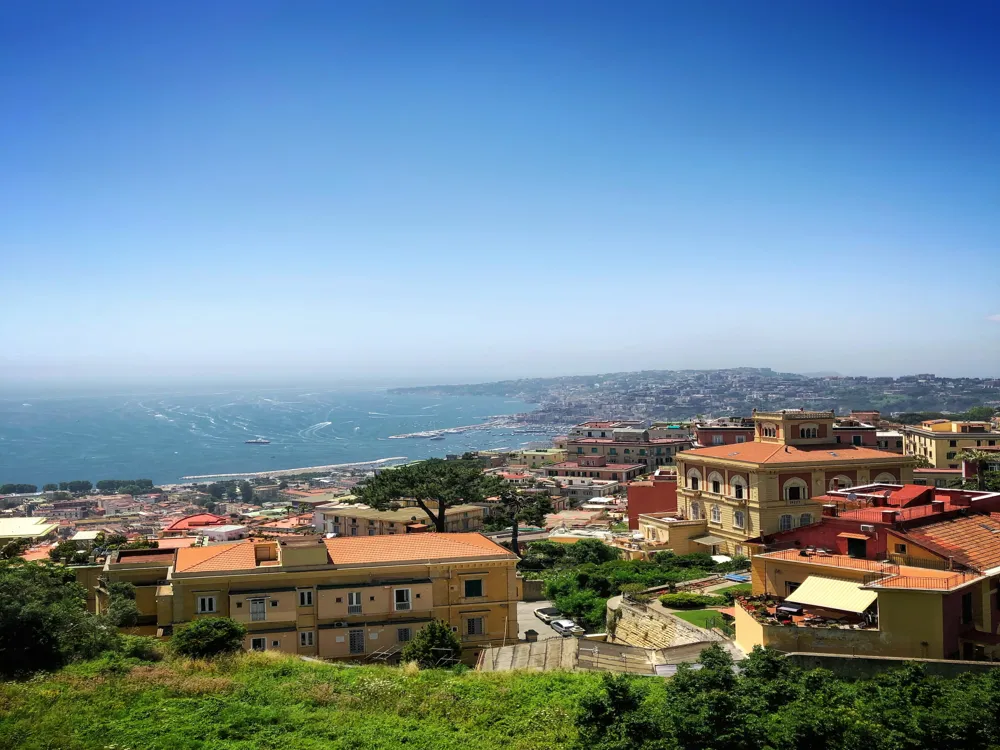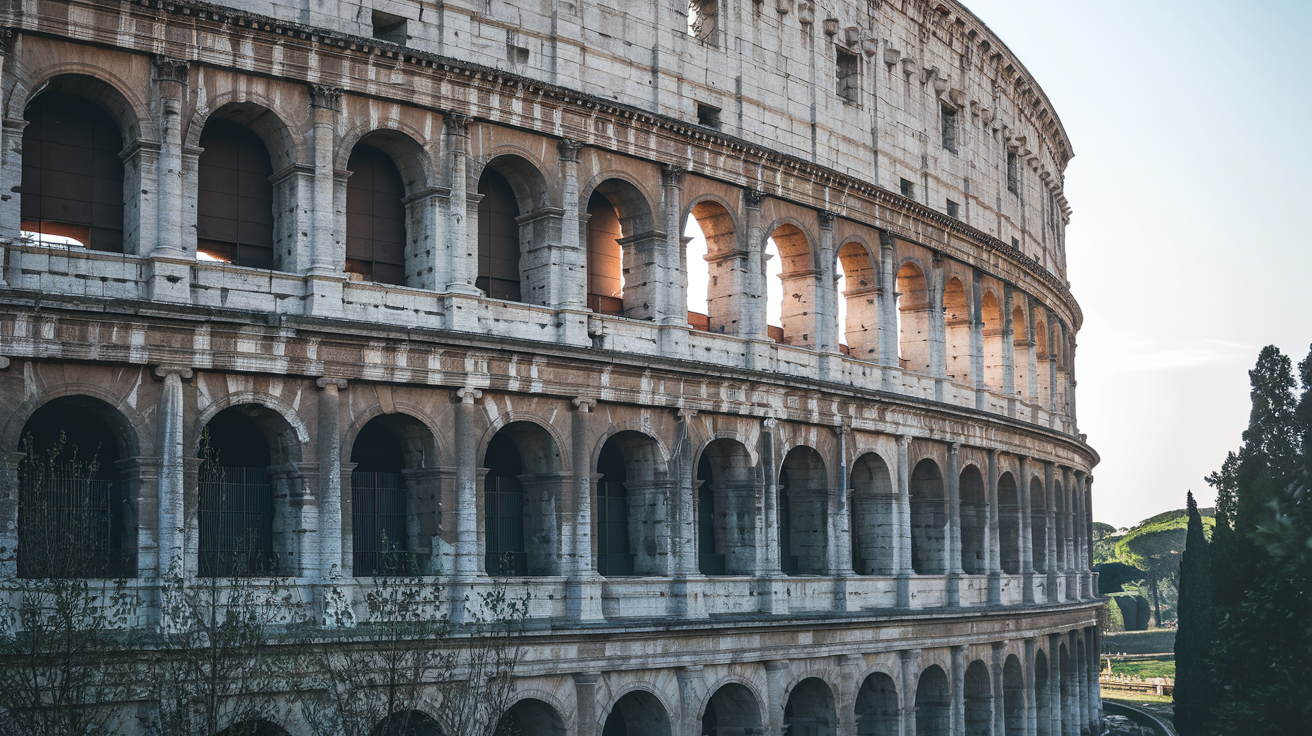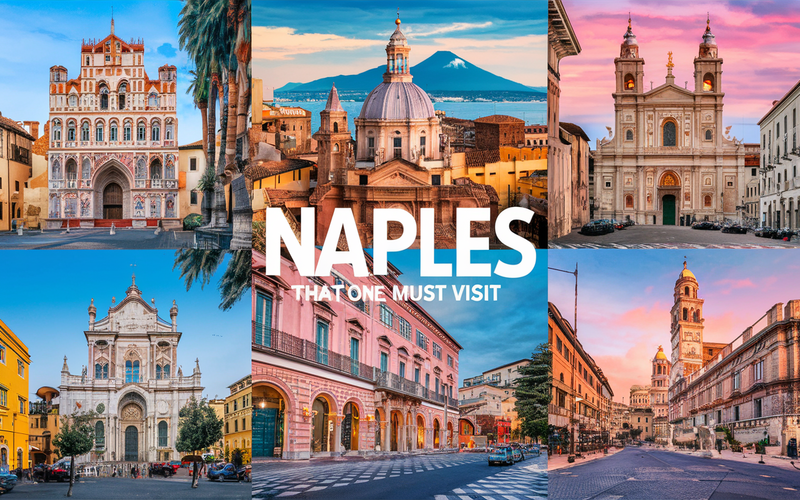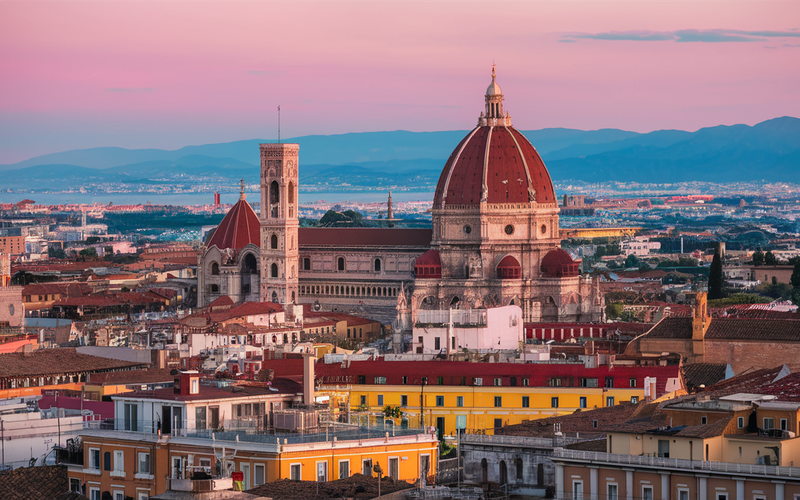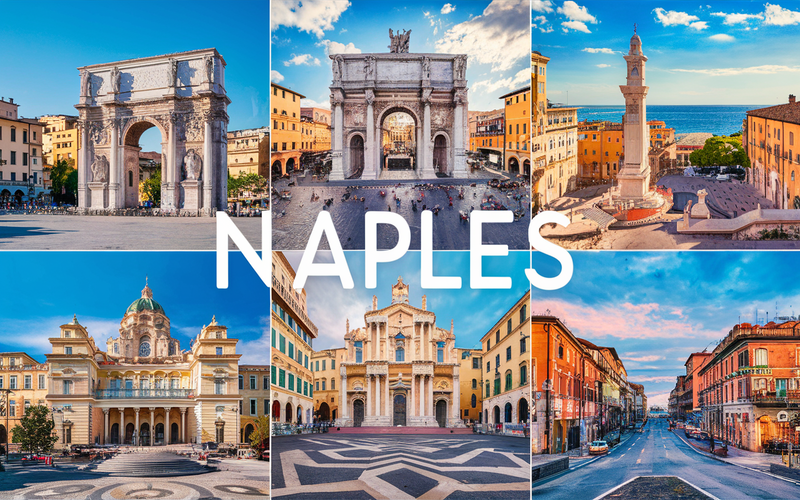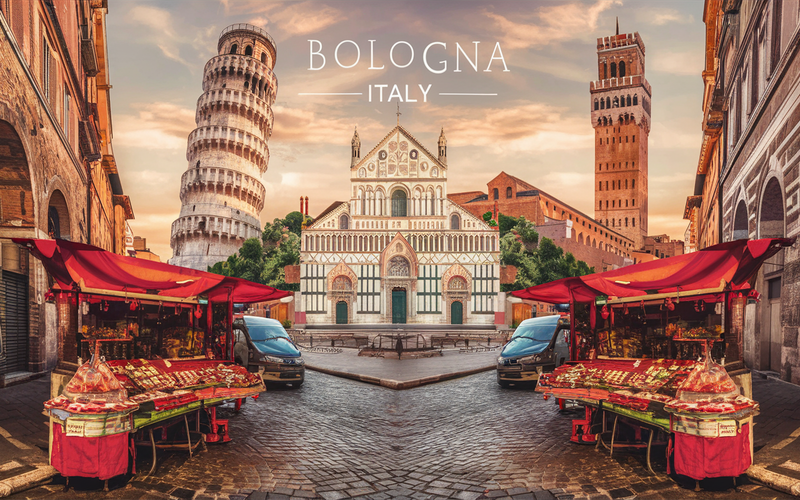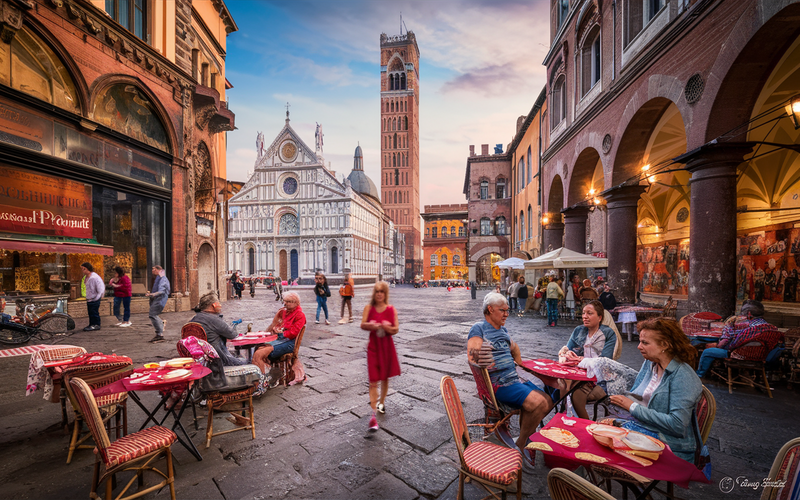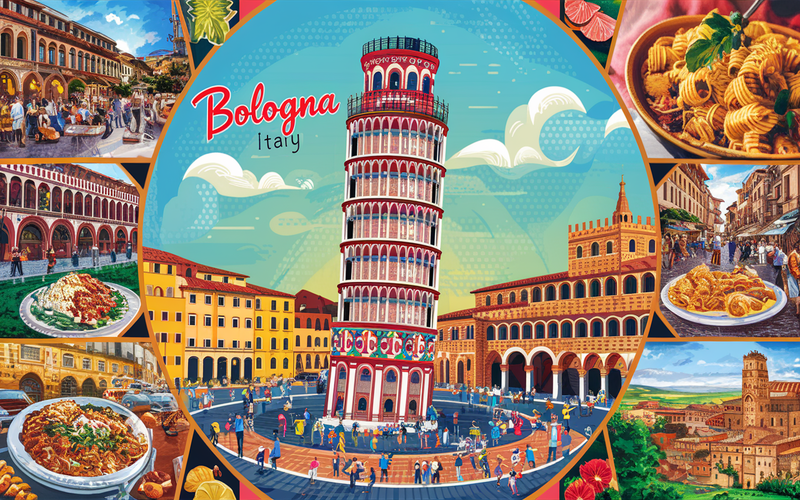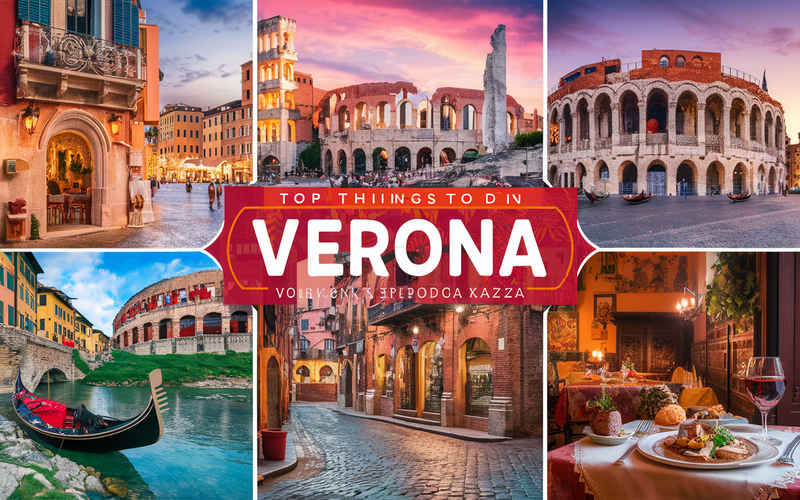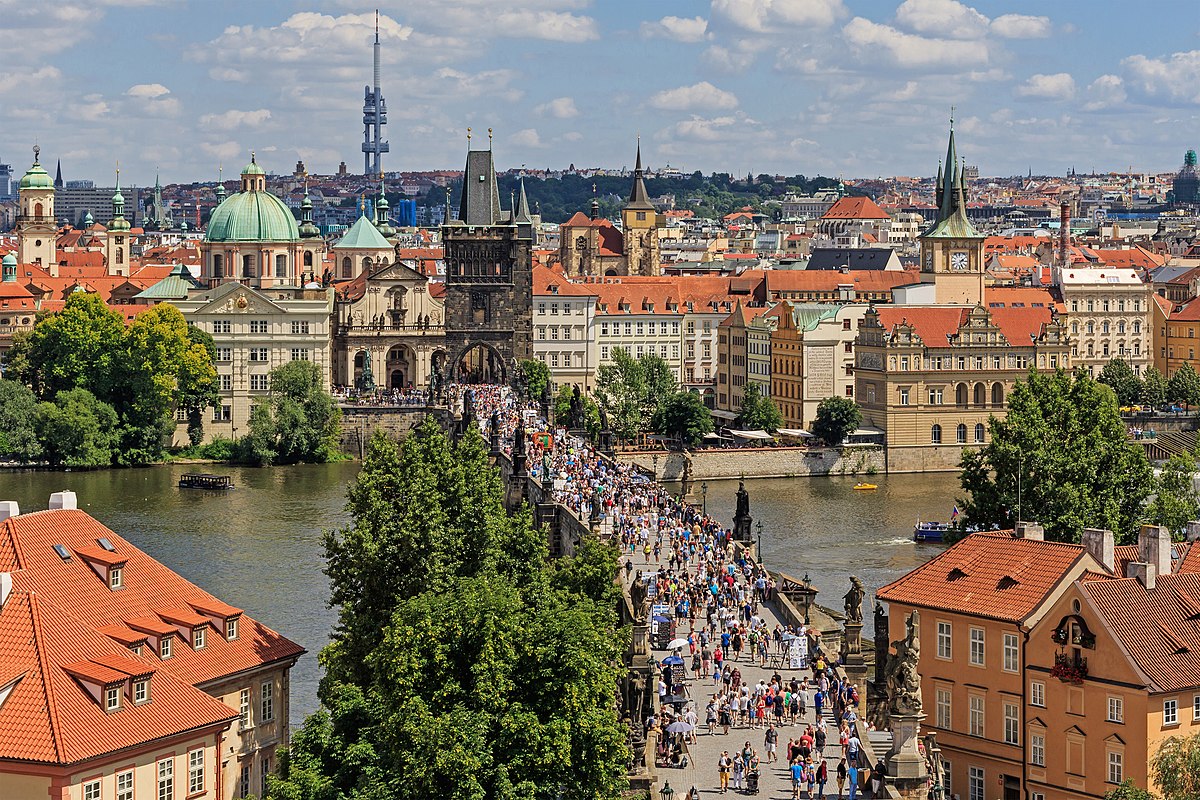Plan Your Travel To Italy
Italy Travel Essentials
Ideal Duration: 10 - 14 days
Currency: Euro (EUR)
Best Time: December - March Read More
Budget: Moderate to Expensive
"An amalgamation of art, history and culture"
Italy Tourism
Italy is a fascinating country in the Mediterranean that offers delicious food, priceless art, and fascinating historical sites. The capital city of Rome is home to famous sites including Vatican City's St. Peter's Basilica and the Colosseum. Discover the historical remains of Pompeii, the romantic canals of Venice, and the creative marvels of Florence. The breathtaking Amalfi Coast, the undulating vineyards of Tuscany, and the gorgeous lakes of Como and Garda are just a few of Italy's varied landscapes. Enjoy cuisine that is known across the world, including pizza, spaghetti, and gelato. Immerse yourself in Italy's combination of history, art, and fine cuisine. The country is known for its warm hospitality, rich cultural legacy, and creative soul.
Must Know Before You Travel to Italy
- Language: While Italian is the official language, many Italians speak English, especially in tourist areas.
- Currency: The currency used is the Euro (€).
- Weather: Italy experiences diverse climates, so pack accordingly based on your destination and the time of year.
- Transportation: Italy has an efficient train network and well-developed public transportation. Renting a car is also an option for exploring rural areas.
- Dining: Savor local dishes, but be aware of dining customs, like no cappuccino after 11 a.m.
- Dress Code: Italians take fashion seriously, so dress stylishly but modestly when visiting churches and museums.
- Transportation Strikes: Be aware of the possibility of transportation strikes. Check for updates on train and public transportation schedules, especially during peak travel times.
- Trevi Fountain Tradition: Participate in the tradition of tossing a coin into the Trevi Fountain in Rome. Legend says it ensures a return visit to the Eternal City.
- Local Customs: Italians are known for their warmth. Embrace local customs, greet people with "buongiorno" (good morning), and engage in friendly conversations.
- Local Markets: Visit local markets for fresh produce, artisanal products, and a taste of daily life. Bargaining is not common in most markets.
- Venice Water Transportation: In Venice, explore the city's canals using water taxis and vaporettos. Walk through narrow alleys and cross iconic bridges for an authentic experience.
- Safety: Italy is generally safe for tourists. Exercise standard precautions, safeguard your belongings, and be aware of pickpockets, especially in crowded tourist areas.
Tourist Places to Visit In Italy
Venice
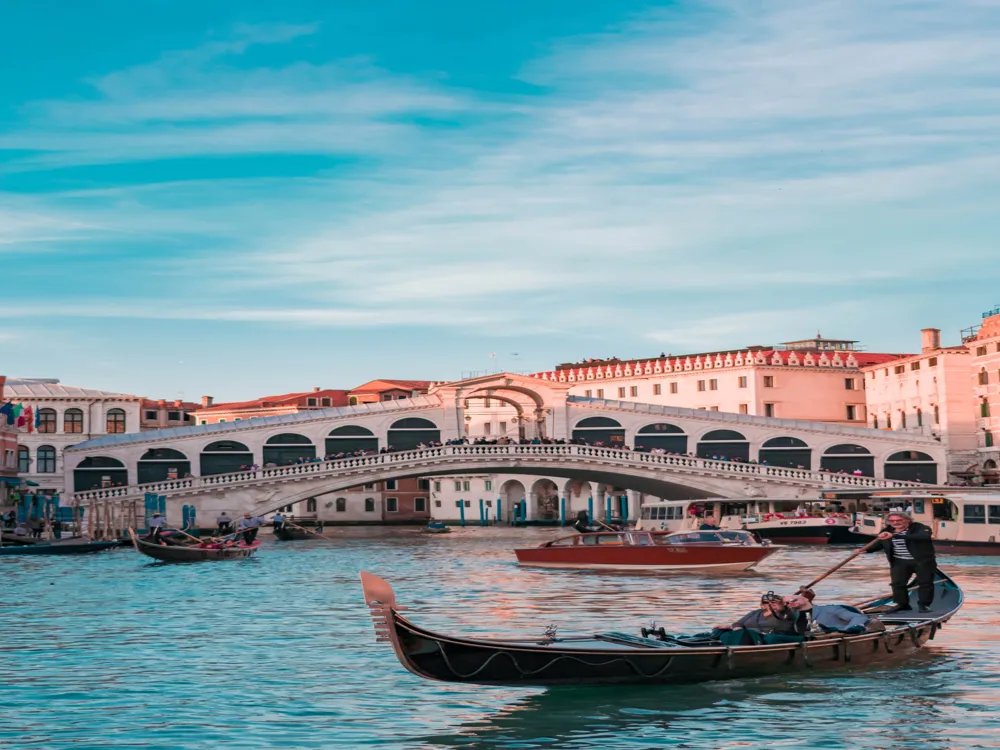
Rome
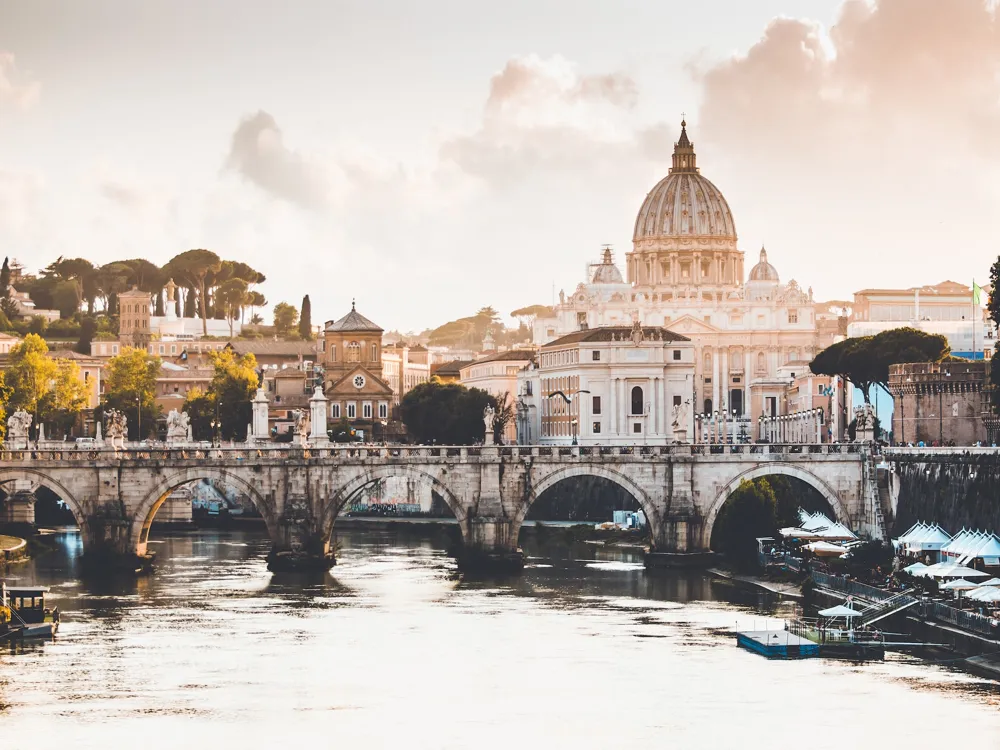
Milan
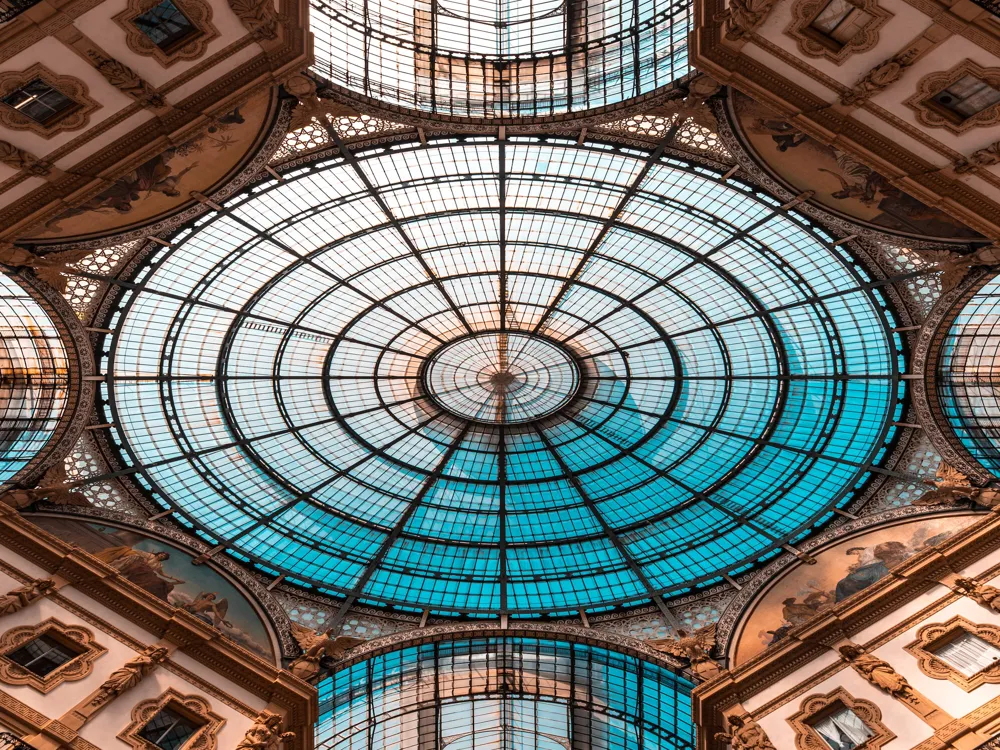
Florence
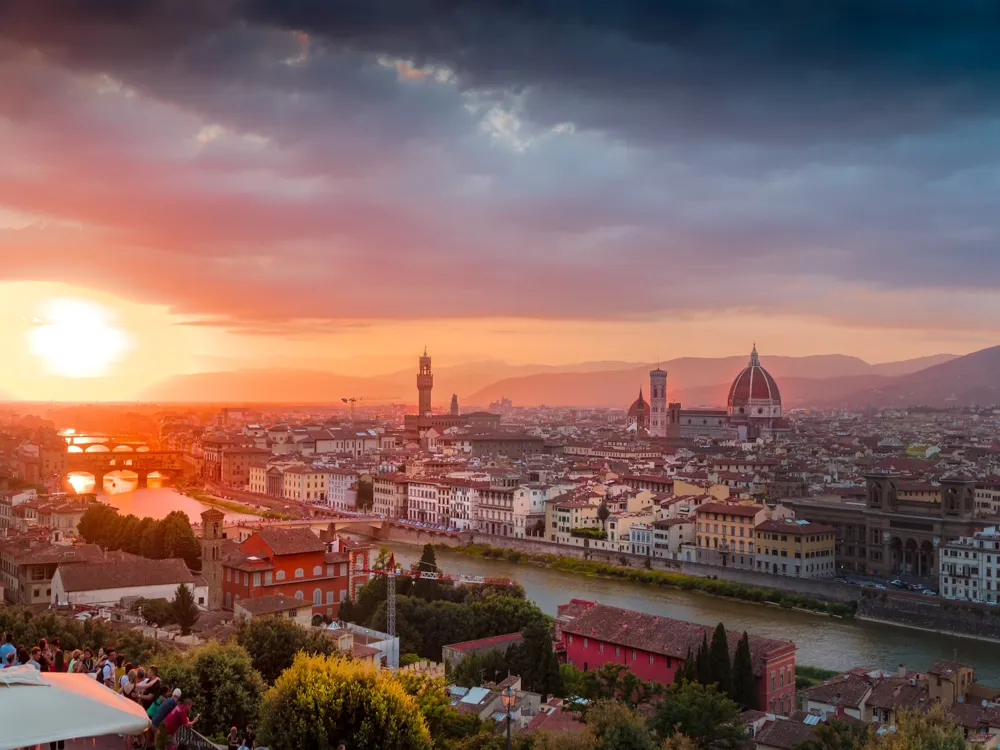
Pompeii
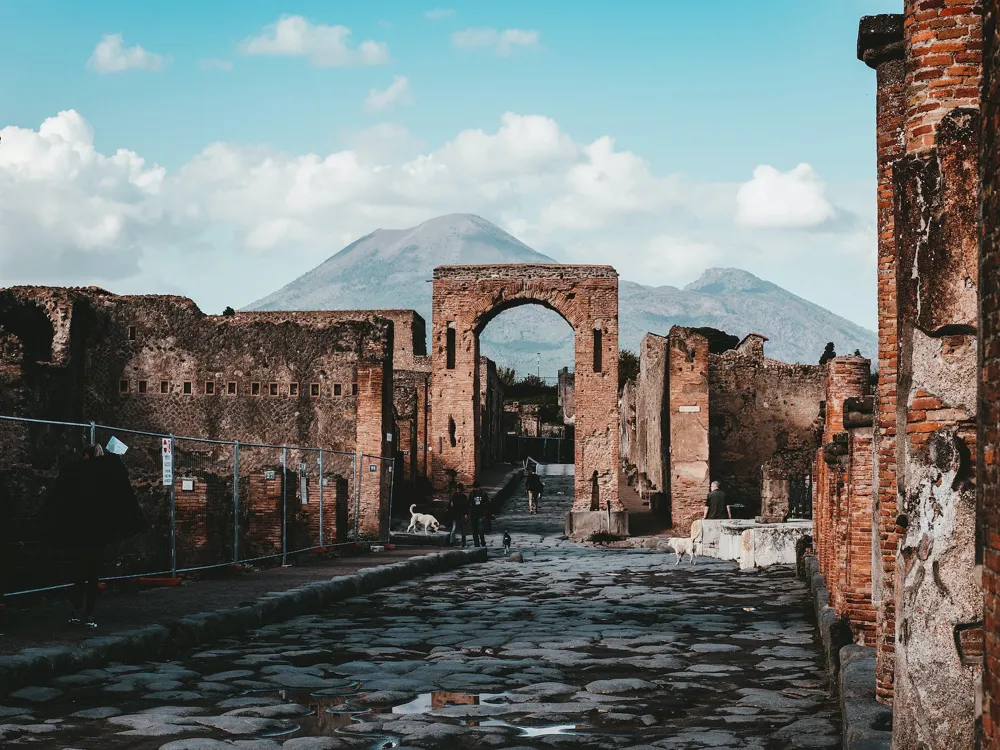
Italy Travel Packages
Compare quotes from upto 3 travel agents for free
View All Packages For Italy
More on Italy Travel
All collections about Italy
Best time to visit Italy
The best time to visit Italy is during the Spring (March to May) and Fall (September to November) seasons. During Spring, the weather is mild, and the landscapes are (Read More) lush and colorful. Mild temperatures, harvest festivals, and wine regions come alive in fall. It's a great time for food and wine enthusiasts. These months offer pleasant weather conditions and smaller crowds. It is also an ideal time for sightseeing and outdoor activities, as it is typically dry season and the crowds are also not at their peak. July and August are the hottest months in Italy whereas January is the coldest. November is the wettest month, so you might want to avoid it if you're looking for outdoor activities. Summer tends to get hot and crowded, as well as, expensive, while the winter months are plain wet and cold (especially in the North). Travellers might even want to consider the winter months if they are keen on experiencing a ski resort in the mountainous regions. Once the dates of your trip are finalised, make sure to check the list of holidays and festivals that might coincide with your stay. lush and colorful. Mild temperatures, harvest festivals, and wine regions come alive in fall. It's a great time for food and wine enthusiasts. These months offer pleasant weather conditions and smaller crowds. It is also an ideal time for sightseeing and outdoor activities, as it is typically dry season and the crowds are also not at their peak. July and August are the hottest months in Italy whereas January is the coldest. November is the wettest month, so you might want to avoid it if you're looking for outdoor activities. Summer tends to get hot and crowded, as well as, expensive, while the winter months are plain wet and cold (especially in the North). Travellers might even want to consider the winter months if they are keen on experiencing a ski resort in the mountainous regions. Once the dates of your trip are finalised, make sure to check the list of holidays and festivals that might coincide with your stay.
Top Stories about Italy Tourism
Read More on Italy Travel
Exchanging money in Italy:
When visiting Italy, it's essential to exchange your currency for euros, the country's official currency. Exchange offices, banks, and ATMs are widely available. While ATMs offer convenience, be cautious about withdrawal fees. Banks typically offer competitive rates, but their operating hours can be limited. To get the best exchange rates, it's advisable to avoid exchanging money at airports or tourist-heavy areas. Major credit cards are widely accepted, but it's wise to carry some cash for smaller establishments. Be aware of pickpocketing in crowded areas, and use money belts or secure wallets for added safety during your stay.
Nightlife in Italy:
Italy comes alive after dark with a vibrant and varied nightlife scene. Major cities like Rome, Milan, and Naples offer an array of entertainment options. From trendy bars and clubs to live music venues and theaters, there's something for everyone. Italian nightlife is known for its late start, with most places picking up around midnight. Enjoy an aperitivo, a pre-dinner drink, at a local bar to kick off the evening. The party continues until the early hours, and in coastal towns like Ibiza, beach parties are popular. Remember to dress stylishly and bring some cash for cover charges and drinks.
Shopping in Italy:
Italy is a shopping paradise, renowned for its high-quality fashion and craftsmanship. From luxury boutiques in Milan's Quadrilatero della Moda to bustling markets in Florence and Rome, there are options for all budgets. High-end fashion lovers can explore iconic brands like Prada, Gucci, and Versace, while those seeking unique finds can visit artisan shops for handcrafted leather goods and ceramics. Italy is famous for its food, so stock up on local delicacies like olive oil, wine, and truffles. Don't forget to haggle at street markets and bring an extra suitcase for your stylish Italian treasures.
Festivals in Italy:
Italy hosts a plethora of festivals celebrating its rich cultural heritage. One of the most famous is the Venice Carnival, where people don elaborate masks and costumes for a grand masquerade. The Siena Palio, a historic horse race, takes place in Siena's main square, attracting large crowds. In Verona, the Opera Festival presents world-class performances in the stunning Roman arena. The Florence Gelato Festival is a sweet delight, celebrating Italy's favorite dessert. Food festivals celebrating truffles, wine, and pasta abound throughout the year, offering visitors a chance to savor Italy's culinary diversity while experiencing its vibrant culture.
Hygiene in Italy:
Italy maintains high standards of hygiene, with clean water, safe food, and modern healthcare facilities. Tap water is safe to drink in most areas, but bottled water is readily available if you prefer. Public restrooms are found in cities and tourist areas, though some may require a small fee. Italians are generally conscientious about personal hygiene. It's customary to greet someone with a kiss on each cheek, so maintaining good personal hygiene is appreciated. In the era of COVID-19, follow local guidelines for mask-wearing and social distancing to ensure your safety and that of the locals during your visit.
Tips for visiting Italy:
- Respect the local customs and traditions, including dressing modestly when visiting churches and religious sites.
- Learn a few basic Italian phrases, as it shows respect for the local culture and can be helpful when communicating.
- Be prepared for a slower pace of life, especially when dining; service may be leisurely, but it's part of the Italian experience.
- Validate your train or bus tickets before boarding, as fines for not doing so can be hefty.
- Embrace the local cuisine; try regional specialties; and savor authentic Italian flavors.
Food of Italy:
Italian cuisine is a delectable journey through diverse flavors and regional specialties. Pasta, such as spaghetti, ravioli, and lasagna, is a staple. Pair it with rich tomato sauces, creamy carbonara, or hearty bolognese. Pizzas, originating from Naples, offer countless toppings. Risotto is a creamy rice dish, while polenta is a hearty cornmeal porridge. Don't miss antipasti, like bruschetta and prosciutto, and save room for sumptuous desserts like tiramisu and gelato. Italy is a paradise for wine lovers, with renowned regions like Tuscany and Piedmont producing exceptional vintages. Exploring Italian cuisine is a delicious adventure, reflecting the country's passion for food.
Photos of Italy
All Country Photos Italy
Popular Questions And Answers on Italy
What are the must-visit cities in Italy?
Italy boasts many incredible cities, but Rome, Venice, Florence, Milan, and Naples are must-visits for their rich history, art, and culture.
What is the best time to visit Italy?
The best time to visit Italy is during the spring (April to June) and fall (September to October) when the weather is pleasant, and there are fewer crowds.
What Italian dishes should I try?
Don't miss out on classics like pasta carbonara, pizza Margherita, gelato, risotto, and tiramisu. Each region also has its unique culinary delights.
Is it necessary to learn Italian before visiting?
While many Italians in tourist areas speak English, learning basic Italian phrases can enhance your experience and show respect for the local culture.
What are the top historical sites in Italy?
Explore the Colosseum in Rome, Pompeii near Naples, the Leaning Tower of Pisa, the Roman Forum, and the ancient city of Herculaneum.
How is the transportation system in Italy?
Italy has an efficient and extensive public transportation system, including trains and buses. Renting a car is also a good option for exploring rural areas.
What souvenirs should I buy from Italy?
Consider purchasing Italian leather goods, Murano glass products, high-quality olive oil, wine, pasta, and unique regional items from local markets.
Are there any cultural etiquettes I should be aware of?
Italians appreciate polite behavior. It's customary to greet people with a friendly
What are the best beaches in Italy?
Italy has stunning beaches along the Amalfi Coast, Cinque Terre, Sardinia, and Sicily. Each offers crystal-clear waters and picturesque surroundings.
Are there any festivals or events I should attend in Italy?
Definitely! Don't miss Venice Carnival (February), Siena Palio (July and August), and Verona Opera Festival (June to September) for a taste of Italian festivities and culture.

